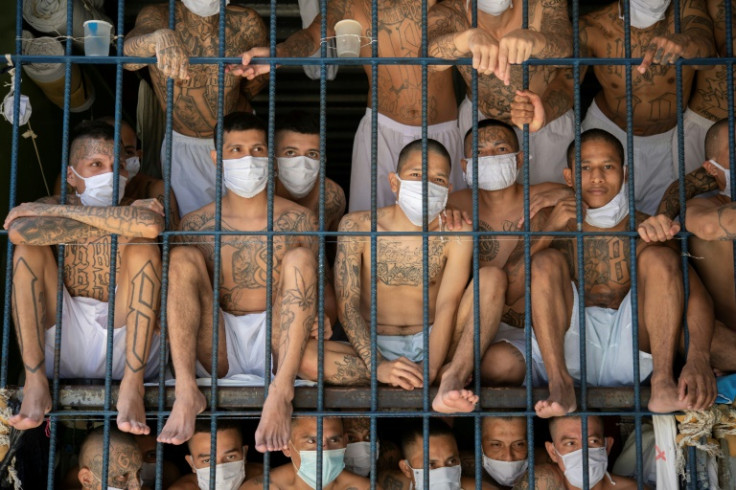
El Salvador Vice President Félix Ulloa admitted that the government has made mistakes in the ongoing battle with criminal gangs in the country. However, he clarified that these errors have not compromised the country's democracy to consolidate power.
Ulloa, who is currently on a temporary leave to run for reelection, defended the current administration on Tuesday and said the controversial crackdown on the gangs will persist until El Salvador successfully addresses the issue of these criminal groups in the country.
He also said he will be reelected easily alongside President Nayib Bukele, who is also on leave to seek reelection.
Slated for Feb. 4, El Salvador's general election will determine not only the country's next president and vice president but also the 60 deputies of the legislative assembly. Later, on March 3, another poll will occur, this time for the selection of all 44 mayors and municipal councils.
The vice president admitted that the government has done mass detention of citizens who have not committed any crime, noting that the administration is in the process of correcting that. However, he said he believes that these actions are justified and "legal."
"There is no perfect work by humans. Look at the big picture," he said, as per AP News. "Understand what this country is doing when we have defended people and the human rights of millions of Salvadorans whose rights were being violated by criminal structures."
Human rights group Amnesty International issued a report last month claiming that almost 74,000 individuals have been put behind bars and subjected to "systematic use of torture and other mistreatment" since March 2022.
Ulloa acknowledged that in some cases, officials might have asked the security forces to meet quotas of detentions, clarifying that these orders have not been given by any government executive or policy.
"There is no police state," he said. "Not a single right has been suspended in El Salvador. No public liberty has ever been suspended because of the state of emergency."
The vice president then pointed out that the state of emergency will remain until the government declares that it is no longer required.
"When we declare the country free of gangs, of criminals, of criminal structures, there will be no reason to have a state of emergency," he explained.
El Salvador's parliament approved the state of emergency on March 27, 2022, after police reported 62 murders in a single day on March 20, which marked the most violent day in the Latin American country in the last 30 years.
Talking about the upcoming elections, a survey by Francisco Gavidia University showed Bukele holds a strong lead ahead of his bid next month to win reelection.
© 2025 Latin Times. All rights reserved. Do not reproduce without permission.







